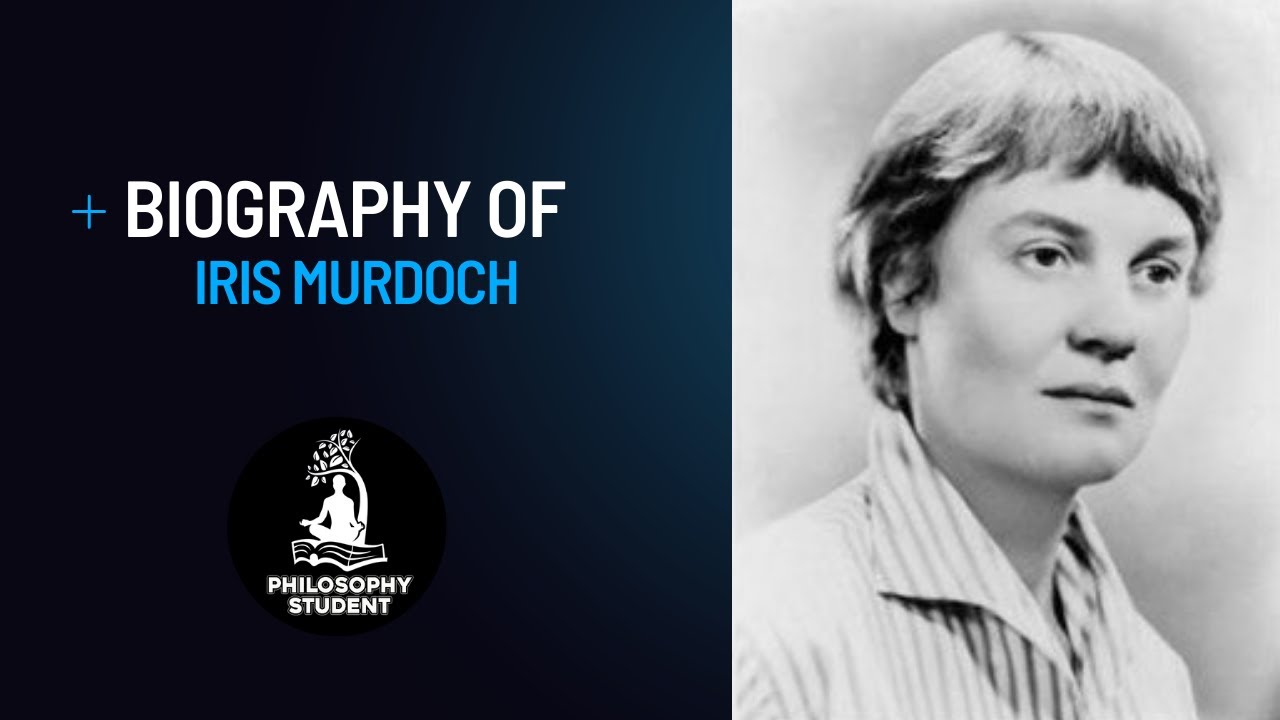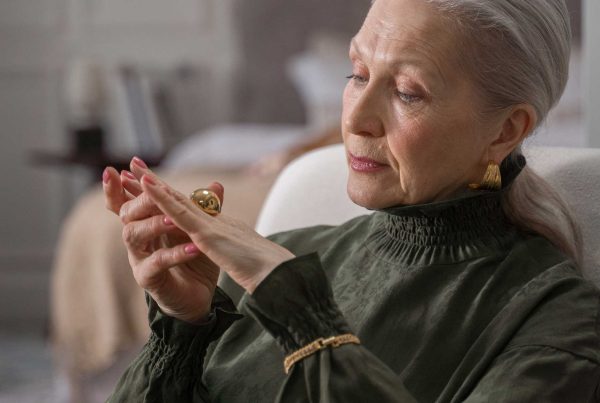Best known as a novelist who wrote powerful works on themes of feminism, sexual politics, and morality—including The Bell (1958), A Severed Head (1961), The Red and the Green (1965), The Nice and the Good (1968), The Black Prince (1973), Henry and Cato (1976), The Sea, the Sea (1978, Booker Prize), The Philosopher’s Pupil (1983), The Good Apprentice (1985), The Book and the Brotherhood (1987), The Message to the Planet (1989), and The Green Knight (1993), among others—Iris Murdoch was trained as a philosopher and is today widely recognized for her work in ethics and morality as well as on the philosophy of Aristotle and Plato.
Born in Phibsborough, Dublin, Ireland, on July 15, 1919, Murdoch was the only child of a civil servant father and a mother who had been trained as a singer. Murdoch moved with her parents to London, where she grew up and was educated in progressive independent schools before entering Somerville College, Oxford. Here she studied a combination of classics, ancient history, and philosophy. After leaving Oxford with a first-class honors degree in 1942, Murdoch worked for the treasury, leaving that position in June 1944 to work for the United Nations Relief and Rehabilitation Administration (UNRRA) in London, Brussels, Innsbruck, and Graz, Austria. She entered graduate school at Newnham College, Cambridge (1947-1948) and was made a fellow of St Anne’s College, Oxford, where she taught philosophy from 1948 to 1963. From 1963 to 1967, she taught part-time in the General Studies Department of the Royal College of Art.
Murdoch married literary critic, novelist, and Thomas Warton Professor of English at Oxford University John Bayley in 1956. Their marriage was “open,” with Murdoch engaging in numerous sexual relationships with both men and women. Murdoch received multiple honors, including Commander of the Order of the British Empire (1976), Dame Commander of Order of the British Empire (1987), and election as a Foreign Honorary Member of the American Academy of Arts and Sciences (1982). She was awarded honorary degrees by numerous universities. Diagnosed with Alzheimer’s disease in 1997, she died in 1999 in Oxford.
As a moral philosopher, Murdoch took a real-world, or naturalist, approach, which admitted the existence of humility, generosity, and other laudable characteristics and behaviors. She rejected David Hume’s moral empiricism, which essentially divorced morality from reason. She was influenced by Simone Weil’s theory of “attention” as a contemplative practice conducive to moral action. She also harked back to Plato’s concept of good as a real force by which the inner life can be externalized as moral action.



































